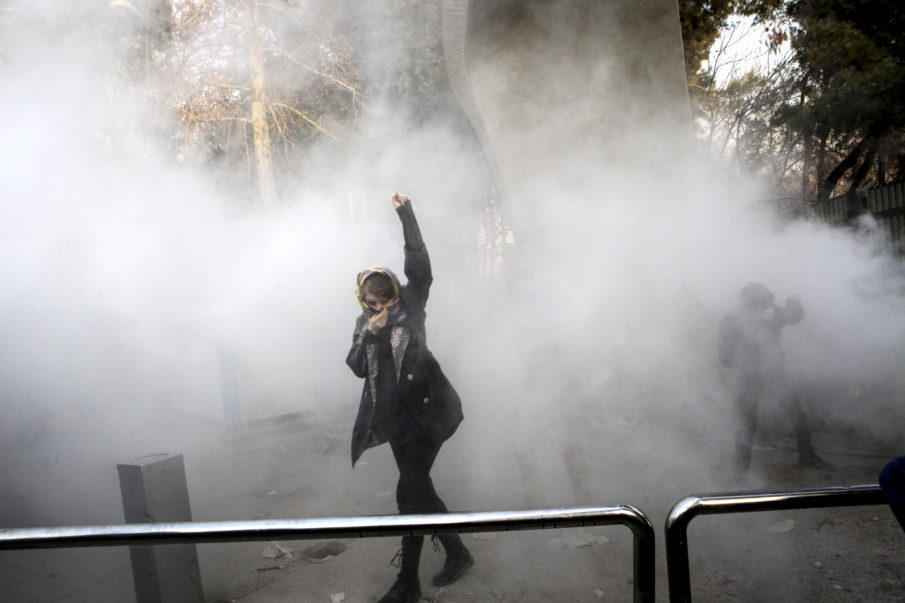Iranian leaders see foreign hand in protests
AI Overview
Summary is AI-generated, newsroom-reviewed.
Iran’s supreme leader, Ayatollah Ali Khamenei, has blamed unnamed foreign “enemies” for the antigovernment protests that have swept his country for the past week, putting the demonstrators at risk of being accused of espionage or treason. The accusation resonates for many Iranians, whose country ha
Read the full article for more on:
- Important insights and detailed analysis
- Expert commentary on current events
- Breaking developments and updates

Iran’s supreme leader, Ayatollah Ali Khamenei, has blamed unnamed foreign “enemies” for the antigovernment protests that have swept his country for the past week, putting the demonstrators at risk of being accused of espionage or treason. The accusation resonates for many Iranians, whose country has long been subject to foreign interference, from the American- and […]

What readers are saying
Generating a quick summary of the conversation...
This summary is AI-generated. AI can make mistakes and this summary is not a replacement for reading the comments.









COMMENTS